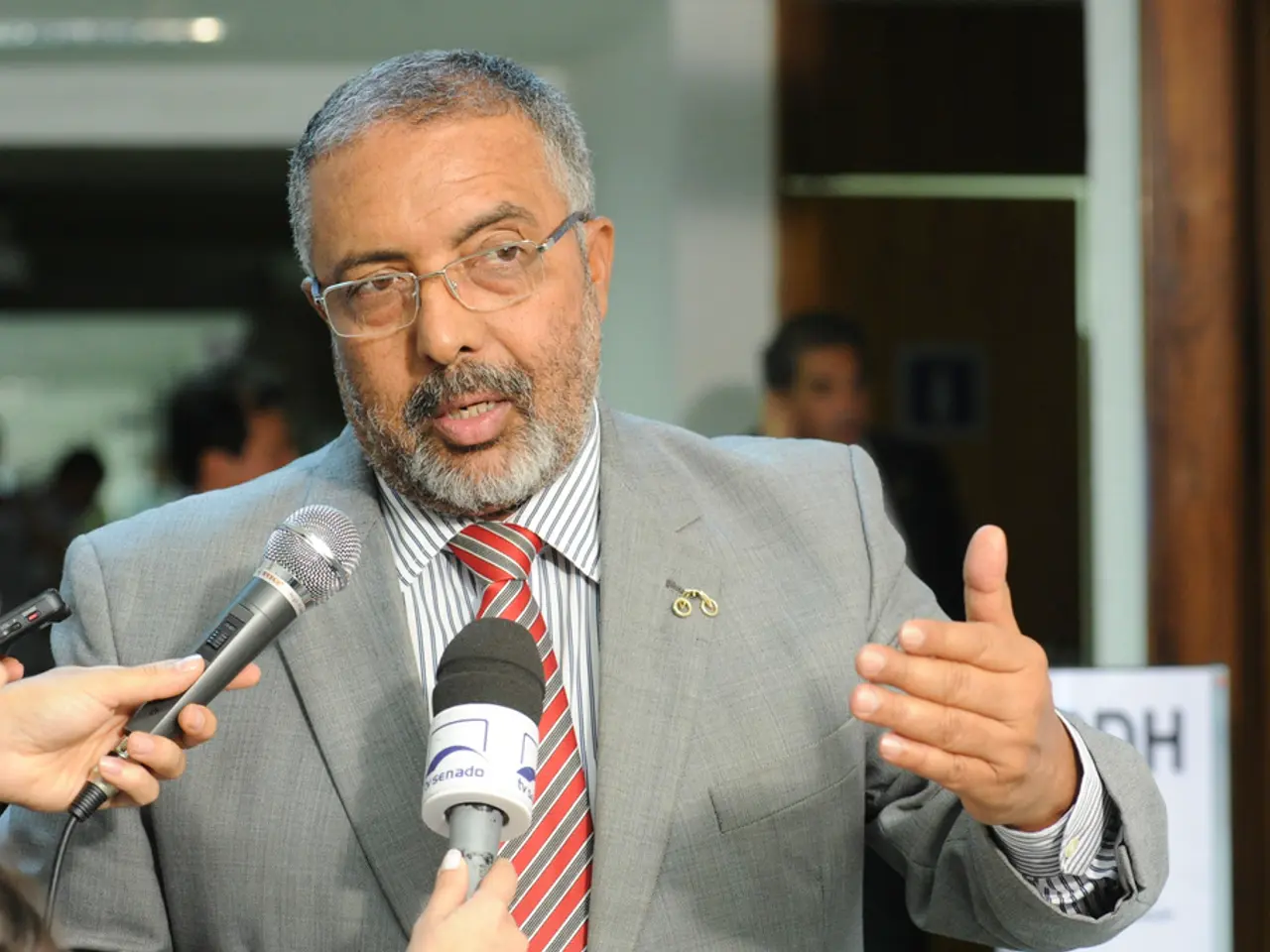Judgment issued by the Court of Justice on safe countries of origin: significant hurdles for Dobrindt's asylum policy stance
In a bold move, Alexander Dobrindt, the newly appointed Federal Minister of the Interior and a member of the CSU political party, has initiated a significant migration turnaround in Germany. This policy shift focuses on tightening asylum and border controls, with an emphasis on efficiency and speed.
Dobrindt's strategy for achieving leaner asylum procedures involves expanding the list of safe countries of origin. By issuing decrees to expand this list, he plans to bypass the Bundesrat, the German upper house, and speed up the rejection and removal of asylum seekers from countries deemed safe. This method aims to avoid lengthy legislative procedures, a move that has raised legal questions due to potential conflicts with existing laws and democratic procedures.
The migration turnaround is part of a broader European shift towards stricter migration controls, as exemplified by intensified border protection and deportation measures coordinated at EU level. Dobrindt has taken a more aggressive stance than his predecessor, deploying extra federal police to tighten border controls and enacting immediate expulsions of asylum seekers from “safe third countries” without the opportunity to apply for asylum or residency.
This policy shift has yielded results, with a significant drop in asylum applications in Germany—down 59% in a year to fewer than 7,000 in June 2025. Dobrindt has also been a key figure in pushing for tougher European collaboration on migration, inviting interior ministers from France, Poland, Austria, Denmark, and the Czech Republic to summit meetings to coordinate intensified deportations and EU external border protection.
The impact of Dobrindt's migration turnaround has been multifold: enhanced border controls, accelerated deportations (including to countries like Afghanistan), and a tougher legal framework for asylum seekers. These measures are aimed at stemming migration flows more rigorously and preventing what politicians describe as uncontrolled migration waves. At the EU level, funds have been tripled to tackle illegal migration and protect external borders, reflecting a strategic, well-financed effort aligned with Dobrindt's policies.
In conclusion, Dobrindt's migration turnaround combines legal maneuvers, increased border enforcement, and enhanced EU cooperation, leading to stricter asylum controls, fewer new applications, and more deportations within Germany and across the EU. His approach, characterised by efficiency and speed, has marked a decisive shift in Germany's migration policy.
The migration turnaround initiated by Dobrindt, a member of the CSU political party, has led to a new focus on the policy-and-legislation of asylum and border controls within Germany, aligning with the broader European shift in migration policy. Dobrindt's aggressive approach to tightening border controls, including the issuance of decrees to expand the list of safe countries of origin and immediate expulsions of asylum seekers from such countries, has raised general-news and legal questions regarding potential conflicts with existing laws and democratic procedures.







